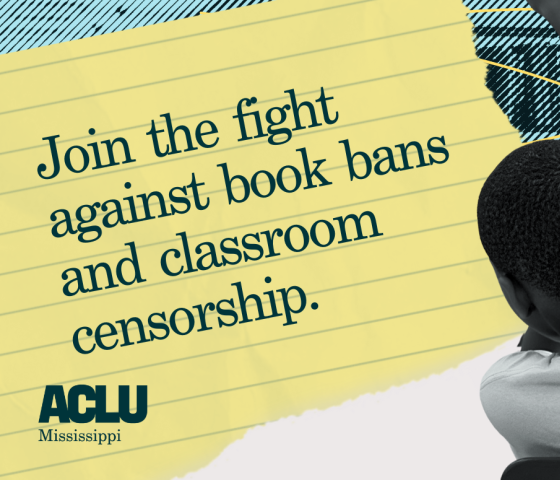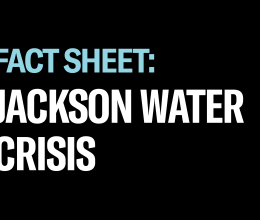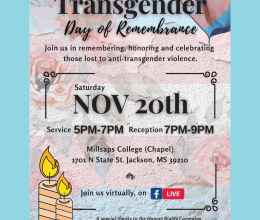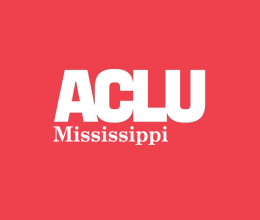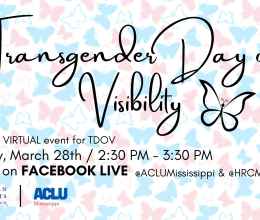By Jennifer Riley Collins, Executive Director
“Police Line Do Not Cross” - these are the words on the yellow tape that America has become all too familiar with. The yellow tape delineates the area of a crime scene. I shall never forget the yellow tape surrounding the area shown on the news where the body of eighteen year old Michael Brown lie dead in the street after being shot seven times. Three years ago this incident triggered a national outcry for justice. This outcry has gone unanswered and is likely being undermined by politics that play with people’s lives. The law enforcement officer, Darren Wilson was not indicted in the brutal slaying of Michael Brown. To so many the vivid images which document the death of this young man of color at the hand of law enforcement and the unscathed and unchanged policing practices were not uncommon. In Ferguson, after the death of Michael Brown, the Department of Justice investigation reveal a corrupt and racist system. Ferguson, Missouri is not an anomaly.
The reality of racist policing policies are far too common across this country. For many “Police Line Do Not Cross” is more than just a warning on a yellow tape instead it is an indicator that there is a bright line between the police and the community they are sworn to protect and serve. On one side of this line is a force backed by the badge, unchecked prosecutors who perpetuate over incarceration and a system structured to propagate prisons over persons. On the other side of the line is a disproportionately impacted African American community that has been disenfranchised and discriminated against by an unequal system of injustice. Because of this divide and a rehash of racialized rhetoric young black men and boys are stereotyped, dehumanized and criminalized while others are fed fear and fables regarding an undocumented increased risk to the lives of officers of the law.
Equal justice belongs to all. Equal justice is possible.
The divide between the African American community and law enforcement does not have to continue to exist. There are reforms that can bring a balance to a system plagued by structural and institutional racism. Law enforcement officers can benefit from trainings that are tailored to minimize the impact of stereotypes in law enforcement and the judicial system. Prosecutorial conduct should be challenged when they allegedly assert “law and order” by pursuing out the harshest sentence instead of ensuring the constitutional rights of citizens are not trampled in the process. Courts and legislators should conduct racial impact analysis of existing and proposed laws by that favor incarceration over diversion and restoration. The justice system as a whole should hold itself out to transparency and accountability.
These are just a few of the reforms critical to building trust between law enforcement and the communities they serve. Without reforms that value all lives including Black Lives we will forever find ourselves acknowledging the anniversary of the deaths of more Michael Browns. Maybe we can start with the tape that simply says “Crime Scene – Do Not Cross”. While I do not mean to suggest that something as simple as tape will fix the ills that have been institutionalized in America, it suggest that regardless of who did the “act” what should preserved is justice for all.
